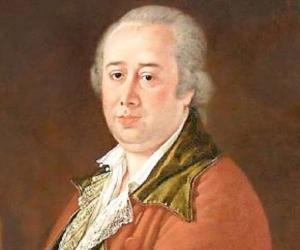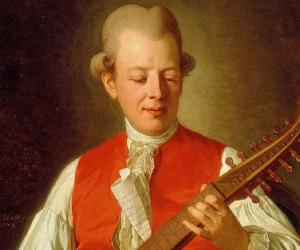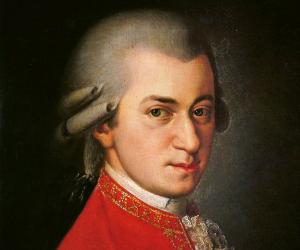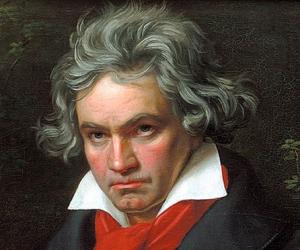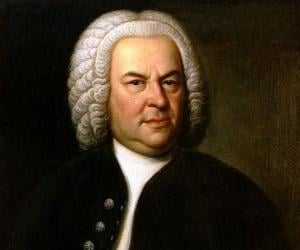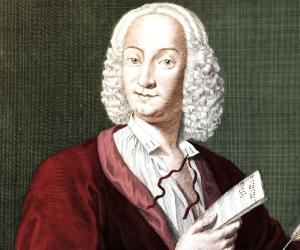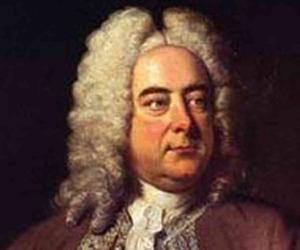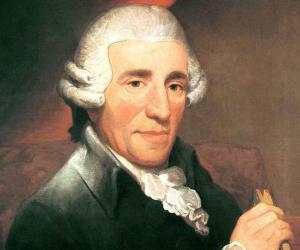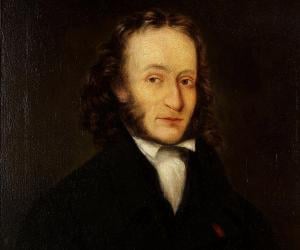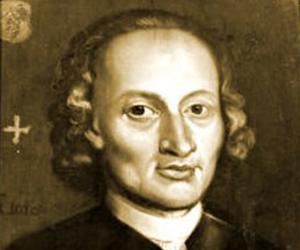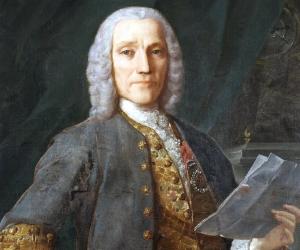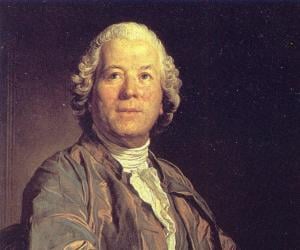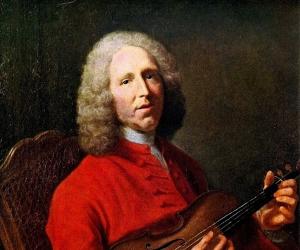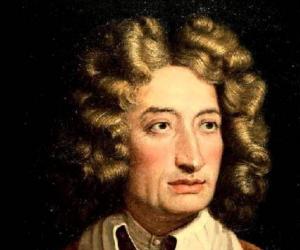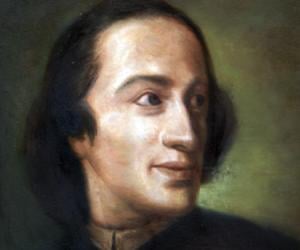A child prodigy, Wolfgang Amadeus Mozart is regarded as one of the greatest classical composers ever. A prolific composer, he had a profound influence on Western music. Many of his works are considered pinnacles of choral, symphonic, operatic, chamber, and concertante music. Before his death, at the age of 35, he had composed over 600 works.
German composer and pianist, Ludwig van Beethoven, remains one of the most admired composers in the history of Western music even two centuries after his death. Born into a musical family, he was initially tutored by his father. He found success early as a pianist and went on to become an admired composer despite suffering from hearing-impairment.
Johann Sebastian Bach was an 18-th century German composer of the Baroque period. He redefined both church and secular music. He served as the court musician of Duke Johann Ernst and King Augustus III. He created more than 300 cantatas and vocal music such as Mass in B minor.
Italian Baroque composer, virtuoso violinist, and teacher, Antonio Lucio Vivaldi, is regarded as one of the greatest Baroque composers. He was extremely popular during his lifetime and composed many instrumental concertos and operas. He was also a Roman Catholic priest and worked at a home for abandoned children. Even though he died in 1741, his music continues to be popular.
George Frideric Handel was a Baroque composer renowned for his oratorios, operas, anthems, and organ concertos. A great composer, Handel's works had a strong influence on popular Classical-era composers like Beethoven and Mozart. George Frideric Handel's life and work have also inspired several films, such as the 1942 British biographical film The Great Mr. Handel.
Joseph Haydn was an Austrian composer who played a key role in the progression of chamber music during the Classical period. He is often referred to as the Father of the String Quartet and Father of the Symphony for his contributions to musical form. Joseph Haydn is also credited with mentoring and tutoring Mozart and Beethoven, respectively.
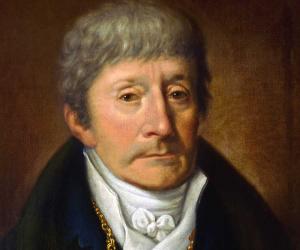
Antonio Salieri was an Italian classical composer, conductor, and teacher considered a key figure in the development of late 18th-century opera. He was a protégé of eminent composer Christoph Willibald Gluck. For several years, he served as the director of the Italian opera by the Habsburg court. His works were performed widely across Europe during his lifetime.
Johann Pachelbel was a German composer, teacher, and organist who is credited with helping the south German organ schools achieve their peak. His contributions to the progression of the fugue and chorale prelude have established him as one of the most prominent composers of the middle Baroque era. During his lifetime, his music became a model for several German composers.
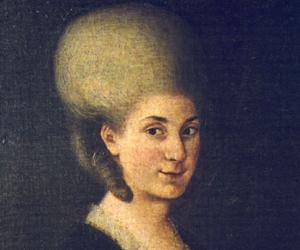
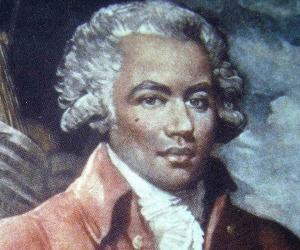
Italian Baroque composer Domenico Scarlatti was no stranger to music, being the son of famous composer Alessandro Scarlatti. From being the official composer for the queen of Poland, to teaching music to the princess of Spain and creating 555 keyboard sonatas, the legendary harpsichordist had an illustrious life.
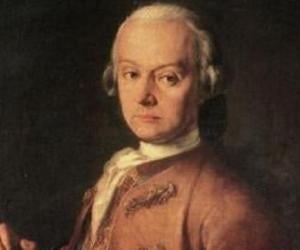
German violinist and composer Leopold Mozart is best remembered as the father and music teacher of legendary composer Wolfgang Amadeus Mozart. However, Leopold was often blamed for exploiting his son’s musical talent by pushing him to perform as a child. He also had a troubled relationship with his adult son.
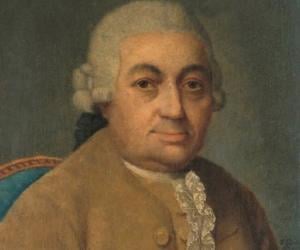
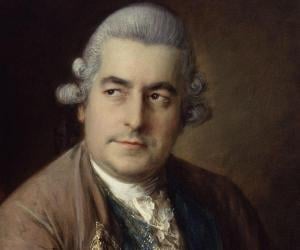
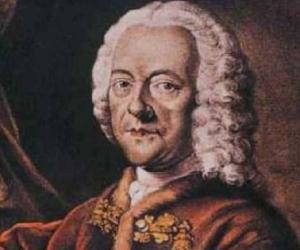
Composer Christoph Willibald Gluck left home when his father went against his passion for music and pushed him into forestry. He then reached Milan, where he learned Italian instrumental music and later fused Italian and French opera music. His best-known works include Orfeo ed Euridice and La rencontre imprévue.
One of the greatest French opera composers and music theorists of all time, Jean-Philippe Rameau enriched the late Baroque period with his harpsichord pieces. His organist father wanted him to pursue law, but Rameau wasn’t academically bright and had poor grammar, which made Rameau travel to Italy to study music.
Italian composer and violinist Arcangelo Corelli is regarded as a pioneer of the concerto grosso and the sonata. Named after his father who died 5 months before his birth, Corelli rose to be a major figure of Baroque music and became a favorite of priests and the royalty.
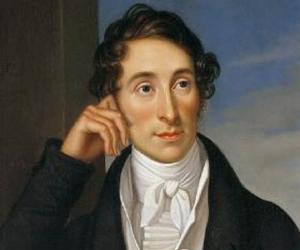
Carl Maria von Weber was a German composer, virtuoso pianist, guitarist, and conductor. A significant musical figure in the Romantic era, he played a key role in the development of the German Romantische Oper (German Romantic opera). He also made significant contributions to vocal and choral music. He was a music critic as well and wrote music journalism.
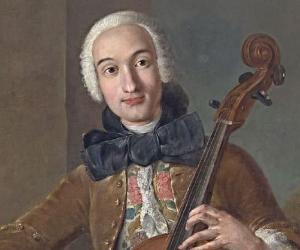
Italian-Spanish composer and cellist Luigi Boccherini of Classical era is noted for his influence in developing string quartet as a musical genre. Two of his best-known works include String Quintet in E major, Op. 11, No. 5 (G 275) that became famous for its minuet third movement; and Cello Concerto, No. 9 in B-flat Major, G. 482.
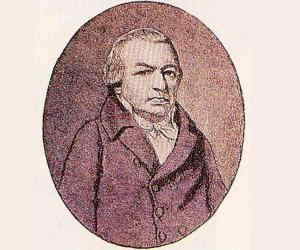
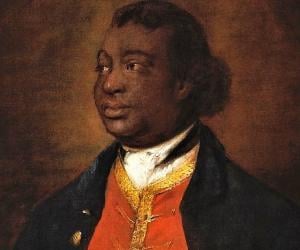
Italian violinist Giuseppe Tartini initially studied and also established himself as a skilled fencer. Arrested for marrying an acquaintance of the archbishop of Padua, he fled to a monastery in Assisi, where he got addicted to music, later inventing the difference tone and a theory of harmony.
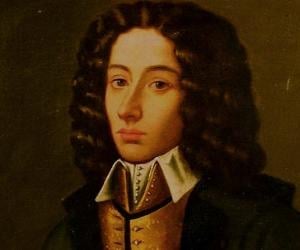
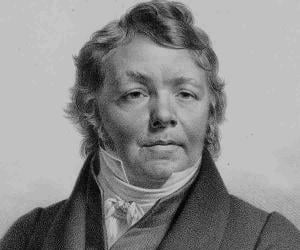
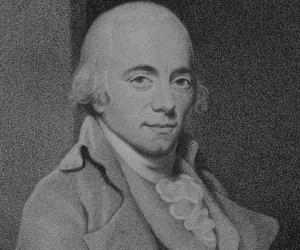
Muzio Clementi was an Italian virtuoso pianist, composer, conductor, music publisher, editor, pedagogue, and piano manufacturer. He developed a technical legato style and then passed it on to a generation of musicians, including Johann Baptist Cramer, John Field, and Friedrich Kalkbrenner among others. Muzio Clementi also influenced world-renowned musicians like Frédéric Chopin and Ludwig van Beethoven.

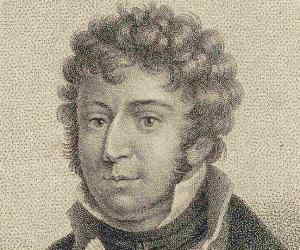

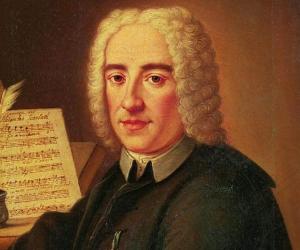
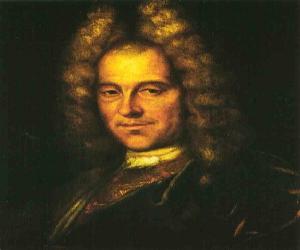

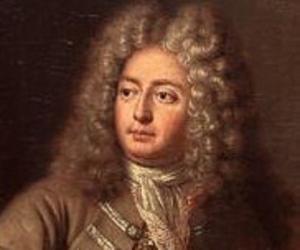
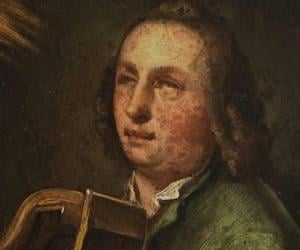
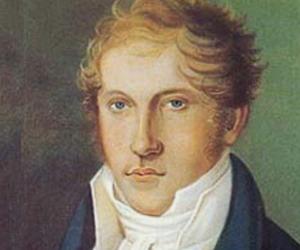
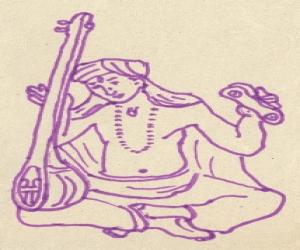
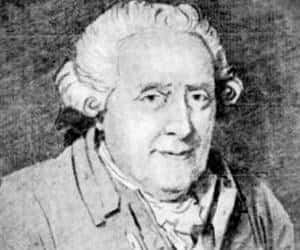

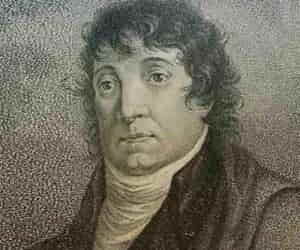
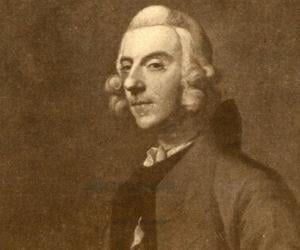
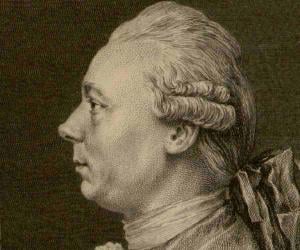
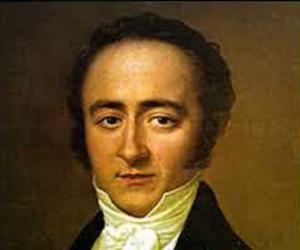
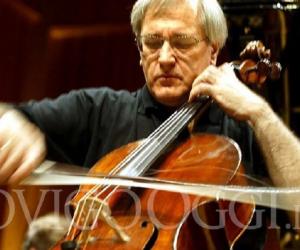
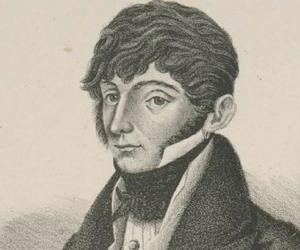
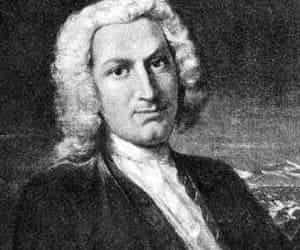
Composer-musician Jan Dismas Zelenka of Baroque period was known for his compositions that are characterized by adventurous compositional structure with an energetic harmonic invention and complex counterpoint. He achieved the feat of composing Sub olea pacis et palma virtutis for coronation of Charles VI as King of Bohemia and conducting it performance before the King shortly after the latter’s coronation.
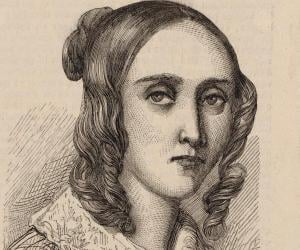
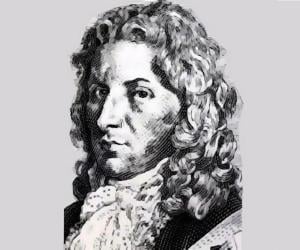
Johann Stamitz was a Bohemian violinist and composer. He is considered the founding father of the Mannheim school, of which his sons Carl and Anton Stamitz were students. Johann Stamitz is best remembered for his 10 orchestral trios and 58 symphonies.
